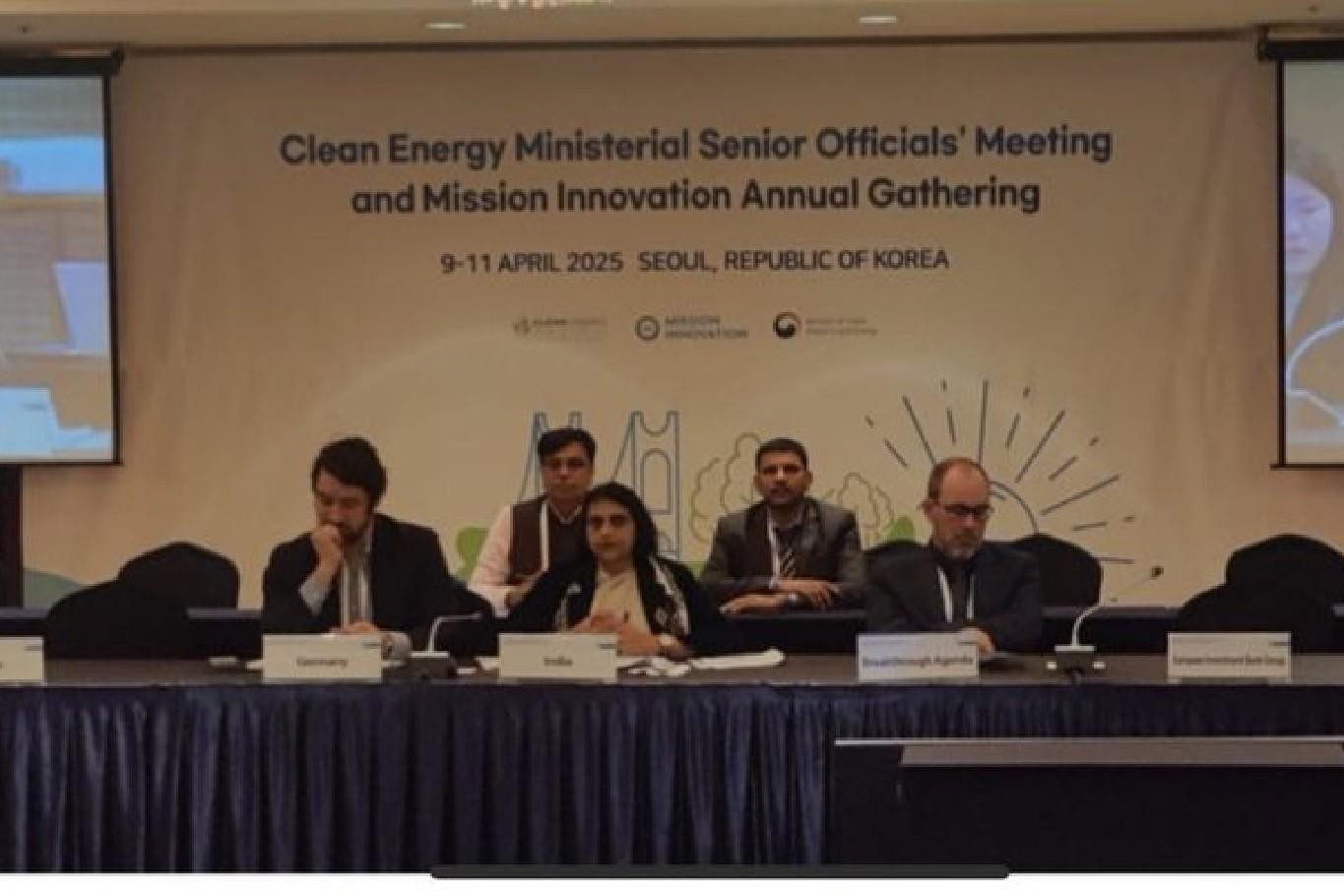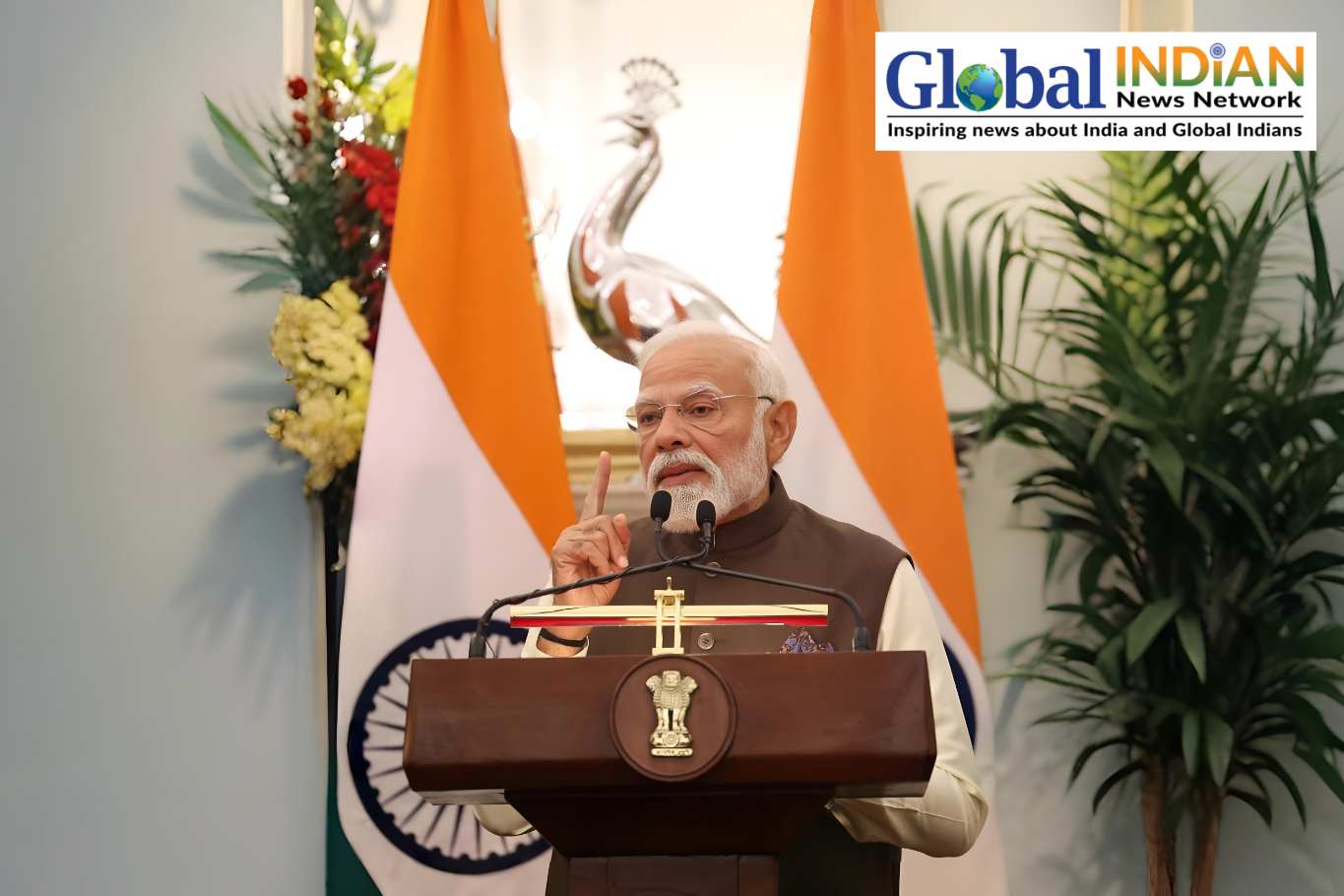
India has taken a leading role in advancing clean energy innovation by co-heading the Mission Integrated Biorefinery with the Netherlands. This initiative falls under Mission Innovation (MI) 2.0, a global clean-tech collaboration that aims to accelerate sustainable energy solutions. The term “Mission Innovation” was originally introduced by Indian Prime Minister Narendra Modi alongside the-French President François Hollande during the COP21 summit.
Seoul, South Korea, hosted the Mission Innovation Annual Gathering from April 9–11, 2025, bringing together global leaders to advance clean energy technologies. The Indian delegation, with the Department of Biotechnology (DBT) as a key participant, contributed to dialogues around new strategies for renewable fuels, green chemicals, and sustainable materials through biorefinery approaches.
At this event, the DBT presented India’s BioE3 (Biotechnology for Environment, Energy, and Economy) Policy. The presentation focused on how BioE3 is instrumental in tackling environmental challenges while aligning with the goals of the Integrated Biorefinery Mission. These ideas were evaluated in depth by international advisory groups and fellow MI members during various roundtable discussions.
India’s BioE3 Policy is centered on fostering an innovation-based industrial ecosystem that supports low-carbon manufacturing. It encourages the development of enabling technologies for producing sustainable fuels and materials, aiming to replace traditional, high-emission production systems. The DBT also shared updates on India’s integration of Carbon Capture, Utilization, and Bioenergy (CCUB) into its biomanufacturing roadmap.
Alongside participating in roundtables, the DBT also engaged in sessions aimed at promoting key goals in biotechnology and biomanufacturing. These discussions took place at prominent clean energy research facilities, including Hanyang University and the Korea Institute of Science and Technology, with support from the Indian Embassy in Seoul.
The gathering reinforced the importance of bioinnovations as a shared opportunity for all Mission Innovation members. Through collaborative research and demonstration using biomass-based technologies, nations can move closer to achieving their decarbonization targets and transitioning to greener economies.









